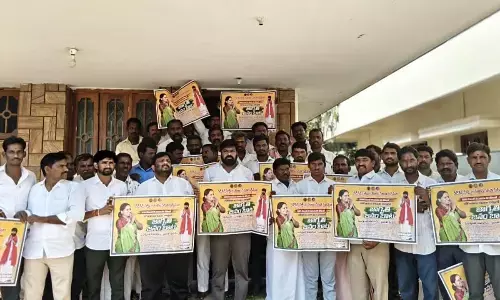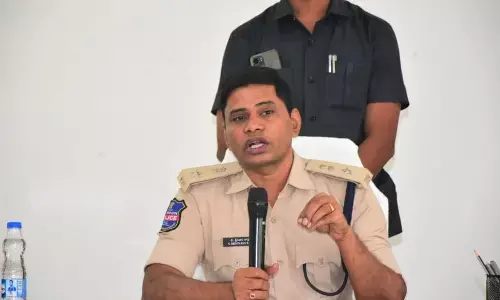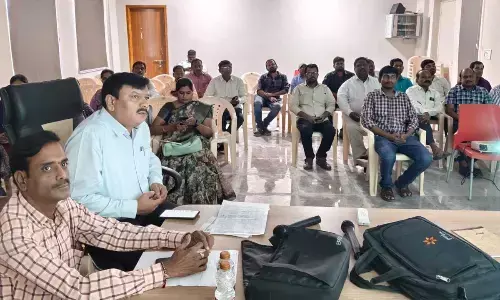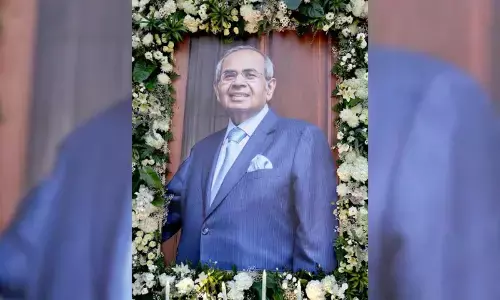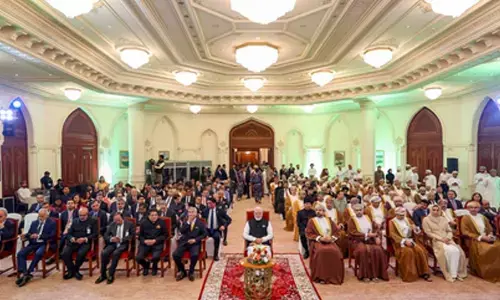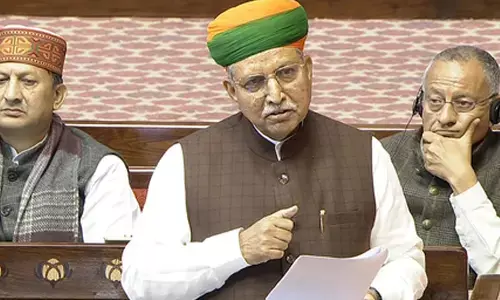Reformed multilateralism needed to face headwinds of protectionist tendencies: Naidu
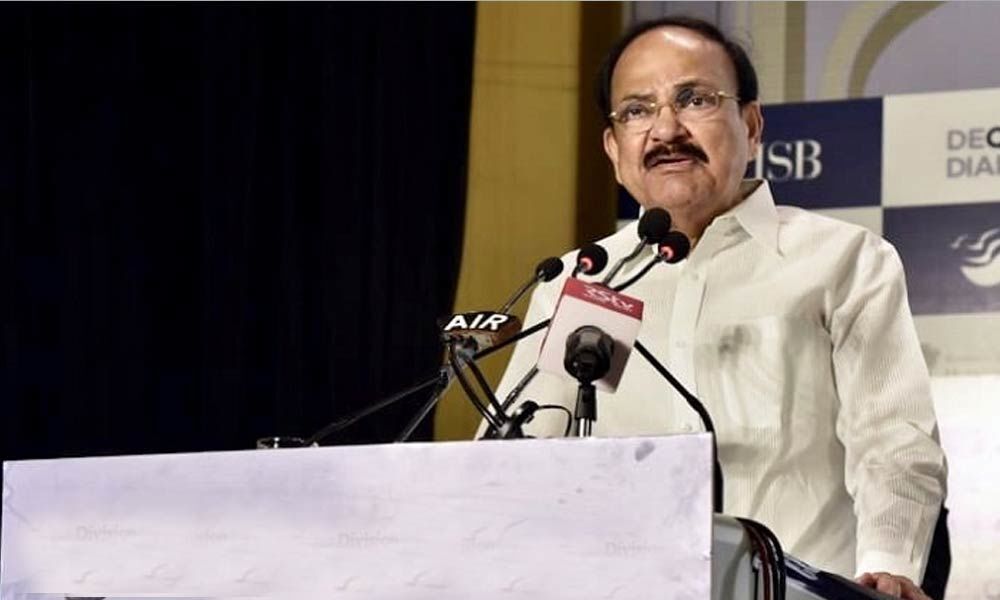
Favouring "reformed multilateralism" to face the headwinds of protectionist tendencies in the world, Vice President M Venkaiah Naidu on Saturday said reforms should be brought in in international political and financial institutions to make them more representative of ground realities.
Hyderabad: Favouring "reformed multilateralism" to face the headwinds of protectionist tendencies in the world, Vice President M Venkaiah Naidu on Saturday said reforms should be brought in in international political and financial institutions to make them more representative of ground realities.
"What we need is reformed multilateralism to face the headwinds of protectionist tendencies.
We need to bring about the much-needed reforms in international political, financial, and business institutions so that they are more representative of the ground realities and adapt to respond to new challenges," he said.
Naidu was speaking after inaugurating 'Deccan Dialogue'- conference on 'economic diplomacy in the age of disruptions' at the Indian School of Business (ISB) here.
He noted that India supports a rules-based multilateral order to tackle common challenges such as climate change, technology divide, trade disputes, terrorism, connectivity and maritime threats.
"But, when we are faced with the issues of unilateralism and protectionism, we need to be conscious of the fact that it was India and other developing countries which have earlier made a clarion call to reform the multilateral system as it exists so that the developing countries have a greater voice in the global governance.
Consequently, it is not our case to go back to the status quo on multilateralism," he said.
On the need to democratise the United Nations Security Council, Naidu said, "One-sixth of the world population lives in India, and India is not a member of the United Nations Security Council."
"That's why we have been saying you need to democratize United Nations Security Council," he said.
Maintaining that India never attacked any other country, he said it would, however, give a befitting reply if anyone interfered in its internal affairs.
"We never attacked any country. In future also, we are not going to attack any country. But at the same time, if anybody interferes in our internal affairs, we will give them a fitting reply which they will not be able to forget in the rest of their life," the Vice President warned.
"This has to be understood by one and all, including the neighbour who is aiding and abetting, funding, training terrorism," he said in an apparent reference to Pakistan.
Describing terrorism as an "enemy of humanity," he said no religion supports the scourge.
Observing that older patterns of trade and commerce were in the process of an ongoing paradigm shift, Naidu said, "The rules-based, anti-discriminatory and all-inclusive multilateral trading system centred around the UN, the WTO and the international law, is facing an uncertain future."
In the face of ongoing transformations, it becomes all the more important that the efforts towards making global governance more representative are supported, he said.
Irrespective of its failings and drawbacks, it must be acknowledged that the process of globalisation opened up a world of possibilities, he added.
Highlighting the role of technology in shaping the current economic and trade system, Naidu said India believes that embracing new technologies is a necessity for developing countries to leap-frog into the 4th industrial revolution era, he said.
For this to happen, there is a need to look at appropriate frameworks for international cooperation at the global and regional levels that can avoid the digital divide, he said.
The event was jointly organised by the ISB in partnership with the Ministry of External Affairs.









